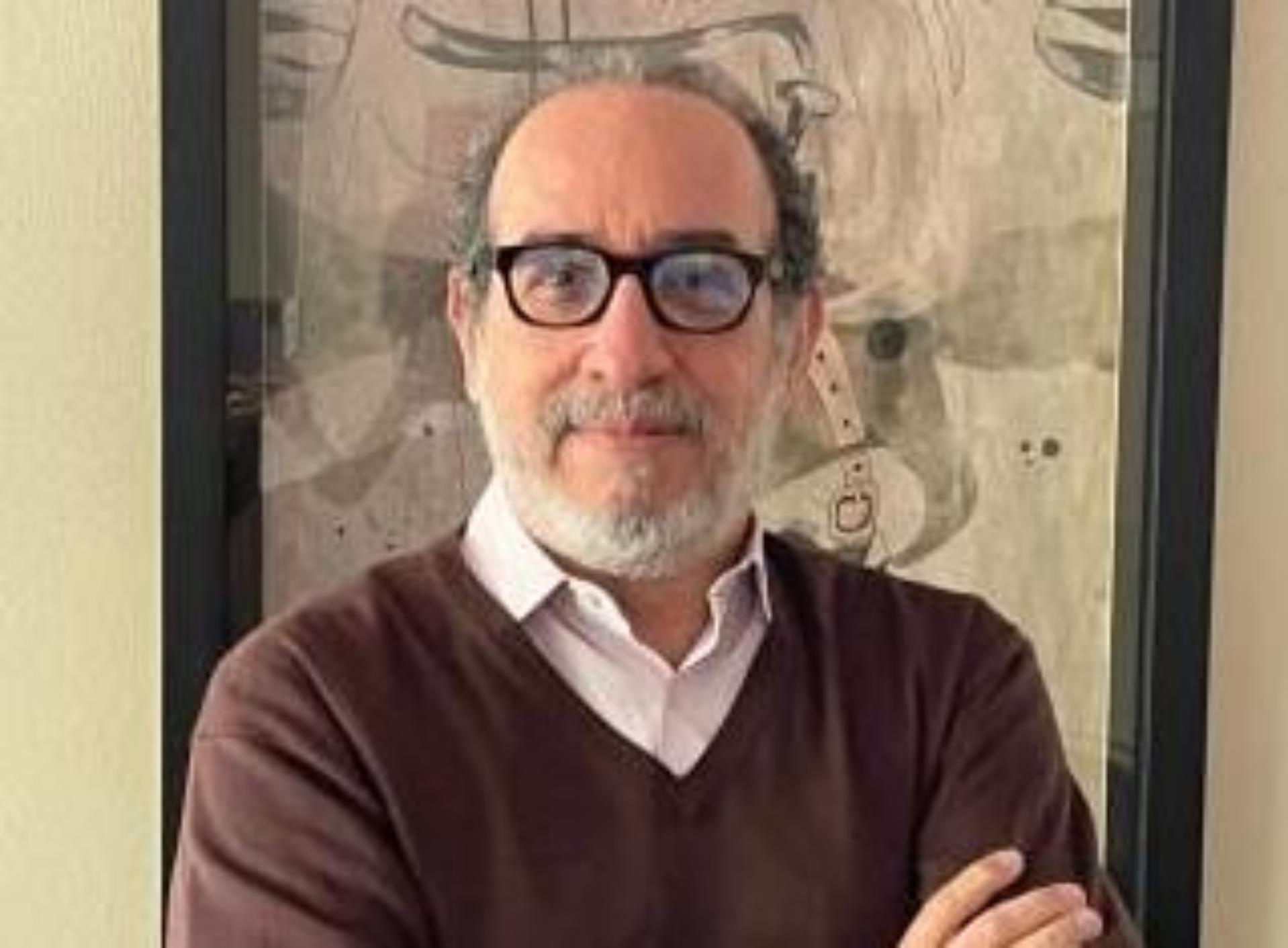
Dr Artiles currently serves as Lee L. Jacks Professor of Education at Stanford University's Graduate School of Education.
His scholarship examines the dual nature of disability as an object of protection and a tool of stratification. Professor Artiles studies how protections afforded by disability status can unwittingly stratify educational opportunities for racialized groups and is advancing responses to these inequities. He and his colleagues have led national and regional technical assistance initiatives at the state and school district levels to address these equity paradoxes.
Dr. Artiles received an honorary doctorate from the University of Göteborgs (Sweden) and is Honorary Professor at the University of Birmingham (United Kingdom). He served on the Obama White House Advisory Commission on Educational Excellence for Hispanics. Dr. Artiles is an elected member of the National Academy of Education and Fellow of the American Educational Research Association (AERA), the Learning Policy Institute and the National Education Policy Center. He was a resident fellow at the Center for Advanced Study in the Behavioral Sciences. He was elected AERA Vice-President to lead its Social Context of Education Division. Dr. Artiles has received numerous awards for his scholarly work and mentoring activities, including AERA’s Palmer O. Johnson Award, the AERA Review of Research Award, and Mentoring Awards from AERA’s Division on Social Contexts of Education, the Spencer Foundation, and Arizona State University. He was selected Distinguished Alumni from the University of Virginia School of Education. Professor Artiles has served on consensus study panels of the National Academies of Sciences, Engineering and Medicine focusing on English learners, the Future of Educational Research, and Opportunity Gaps for Young Children.
We invite you to view highlights from this featured speaker presentation, provided in brief segments below.
Special Education and English/Multilingual Learners
|
1. Dr. Alfredo Artiles: Re-Evaluating Traditional Treatments of Race, Equity, Language & Disability (8m 36s) “We need to understand the local histories and the local circumstances in which students, Dual Language Learners are educated. In part because we are changing our assumptions about language...particularly the idea of racializing language.” |
|
2. Contextualization of the Intersection of Language and Disability Status (7m 14s) “We learned recently that 33 states are identifying dual language learners for learning disabilities at a higher rate than the average for the whole country. As high as 70%… What are we assuming about learning that may be misconstruing the role of language?” |
|
3. The Narratives & Limits of Racial/ Linguistic Disparities Research (8m 4s) “Part of the problem when we think about language and disability is the way we think about equity and justice that is often implicit in those discussions... How do we avoid dehumanizing those whom we were seeking to represent in our work?” |
|
4. Historical Legacies (4m 7s) “If you go back to the 1800s you begin to find record that reflected historical narratives linking disability with second language." |
|
5. Institutional Implications (6m 55s) "As we see this legacy of views and treatments of the topic, we have to ask ‘where do these stances, these beliefs, these values go over time? Do they just disappear?'" |
|
6. Ideologies in Framing (3m 9s) "A lot of studies do not pay systematic attention to the role of culture and language in learning and so we have an entirely colorblind literature informing the work of schools, that has not changed in a lot of time." |
|
7. The Dual Nature of Disabilities (3m 45s) "Disability can be an object of protection… but we can use also this ability to stratify, to marginalize to push out…For that reason, I argue that we need to bring a situated approach to understand the different dimensions of the problem for dual language learners and disability… We should be engaged in this from a systemic perspective… We need to put in conversation… the work of bilingual education and dual language learning and disability… And advance ways of thinking that education should be rooted in ideas of personhood, and participation in communities… And then you begin to think about how do you design systems, to expand the possibilities to organize school systems for dignity." |
Panel Discussion with Drs. Christopher Cormier, Karla Estrada, and Deborah Montoya
|
1. Dr. Karla Estrada: Systems to break Barriers: Where we are and where we need to go? (9m 32s) “I think one of the things that is really hard is to be that courageous person in the room and say, ‘You know, I think we’re talking about out kids from a deficit perspective.’ If you’re not changing the frame of conversation, it is not going to change in our actions.” |
|
2. Dr. Deborah Montoya: What is the most effective process of dissemination for the Practitioners guidelines? (4m 42s) "We've all been working in essentially these silos apart: EL experts chiming in, special educators. But this one resource gave us that opportunity to come together, bring our collective expertise, and identify what were the needs." |
|
"How do we expect gen-ed teachers to understand the complexities of working with kids with disabilities when they haven't had adequate training and then they 5 or 6 or 8 kids in their classroom who need certain services?" |
|
“As we think of modeling, what does that look like when we design our professional development? Are we automatically looking at equity and access for our adult learners so that they all receive what they need to then impart what our students need for our students to be successful?” - Dr. Montoya |
|
5. Dr. Alfredo Artiles: Informed leadership that drives change and equitable culture building (5m 33s) “The idea of risk-taking and the leader pushing and making it okay to have the opportunity to become what sociologists call institutional agents.” |